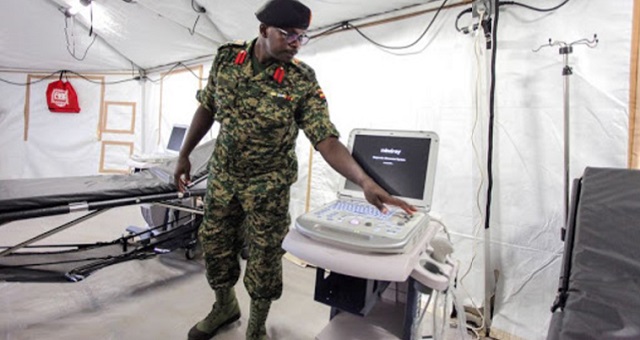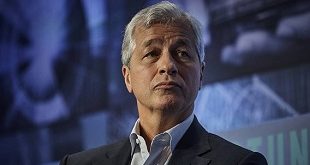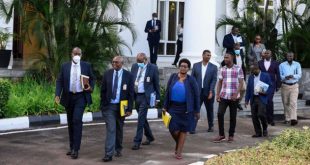
How COVID-19 is offering hints of change
| THE INDEPENDENT | The COVID-19 crisis has magnified the excessive use of force by security forces in Uganda is pervasive and entrenched. This despite Uganda, like many countries around the world, having deployed its national armed forces for a noble cause of boosting the capacity of civilian institutions.
That is the conclusion reached by a researcher, Dr Sylvie Namwase, who works for the Human Rights and Peace Centre at the School of Law, Makerere University. She is currently a Post Doctorate Researcher under the DANIDA funded project on militarisation, sustainable growth and peace in Uganda at the University of Copenhagen.
Namwase’s article follows reports that emerged early in the enforcement of the country’s COVID-19 lockdown that the army and the local defence units forced themselves into people’s homes and beat them up. Similar excesses were reported around the country.
Writing in the online journal `The Conversation Africa’ she says violence paints a grim picture of civil-military relations in the country.
Nevertheless, she adds, there are glimmers of hope.
“Under the current regime, the Uganda People’s Defence Forces have gained some reputation as a professional army. This offers optimism for balanced civil-military relations in the future,” she says.
Balanced civil-military relations
She points out how, in recent months, Uganda’s army has shown professionalism and discipline in dealing with a number of crises, including a desert locust invasion and a national electricity outage. Uganda’s inter-agency COVID-19 taskforce is led by the army. But it has been set up expressly to support the health ministry.
This differs from arrangements in countries like Myanmar, Indonesia and Thailand. There, national armies have reportedly marginalised civilian authorities and taken frontline control of the COVID-19 response.
Namwase says in Uganda, the army’s support has been recognised as fundamental to the successful treatment of COVID-19 patients at the country’s national referral hospital. And it has set up a 100 bed capacity mobile hospital with intensive care facilities. It is also playing a major role in restricting local and cross border movement.
This has become increasingly important given Uganda’s porous borders and the rise in COVID-19 cases in Tanzania and Kenya.
But Uganda has also witnessed a series of reports of misconduct and excesses against civilians by soldiers and the local defence units under their command.
For Uganda, excesses during the crisis have resurrected horrors of the country’s violent military past. From colonialism through independence to the current government, military power and violence have been central to securing and sustaining political legitimacy.
The armed forces under Idi Amin’s military dictatorship were used to execute a coup, suppress political opponents, advance ethno religious supremacy, and amass wealth through dispossession.
The presidential regimes under President Milton Obote from 1966 to 1971 and later from 1980 to 1985 were not very different. The army was used to attack civilians based on ethnicity and political affiliation, as well as amass wealth through corruption.
More recently, there have been reports of the forces violently suppressing political opponents and other acts of electoral violence. The army today also stands accused of amassing wealth through corruption and wars.
Excessive use of force
Since colonial times, the police in Uganda have been highly militarised to serve regime interests. Post-independence regimes continued this blueprint, deliberately undermining civilian structures and standards to favour military doctrine and actors within the police force.
The law under which the army falls, and laws that give police officers their powers, have left a lot of leeway to use force. Moreover, the imbalance of power between the police and the army during joint operations can undermine training on the use of force. It also affects the implementation of standards to protect the right to life under human rights law.
The imbalance could also obscure chains of responsibility and accountability. This can leave room for excessive force during joint operations.
 The Independent Uganda: You get the Truth we Pay the Price
The Independent Uganda: You get the Truth we Pay the Price


